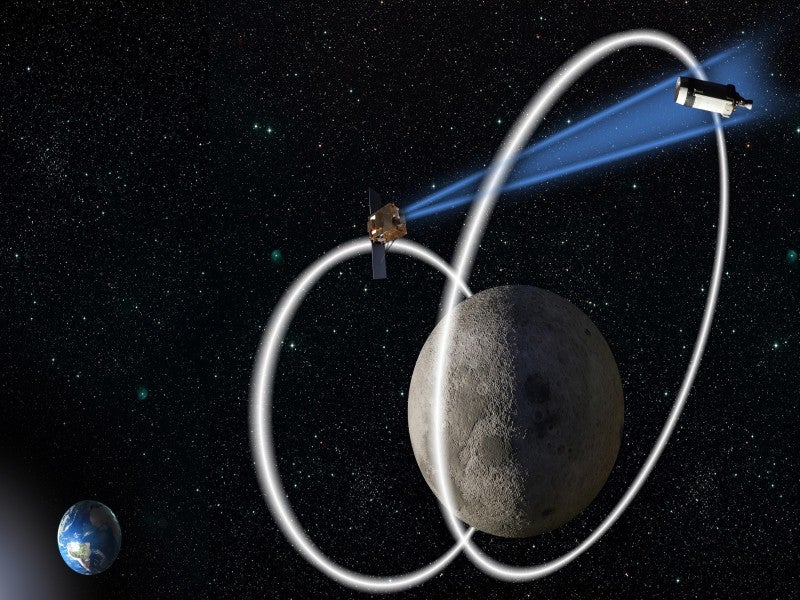
Pacific Defense has received a contract from the US Air Force Research Laboratory (AFRL) to develop a sensor for the cislunar space situational awareness (SSA) mission.
The contract has been awarded through the AFRL’s Space Control Technology Branch.
The performance period of the new award is two years.
Under the contract, the US-based company will work to develop a low size, weight and power (SWaP), modular and open architecture sensor, referred to as Moonraker.
Based on Modular Open Systems Approach (MOSA) standards, this system will allow AFRL to meet the emerging and rapidly expanding SSA challenges in cislunar space.
The company will use its 3U software-defined radio and graphics processing unit technologies to develop this sensor that can be used for different SSA applications.

US Tariffs are shifting - will you react or anticipate?
Don’t let policy changes catch you off guard. Stay proactive with real-time data and expert analysis.
By GlobalDataPacific Defense Space Systems vice-president Bryan Terlecky said: “The US and partner nations are experiencing unprecedented challenges in detecting and tracking activities in the cislunar domain.
“Moonraker presents a fresh approach to space payload design and support for this important mission, with potential for rapid, affordable proliferation of SSA sensors across cislunar space.”
Over the two years, the company will initially develop a sensor prototype in the USG lab facilities. Once developed, the final prototype sensor will be demonstrated by Pacific Defense for AFRL.
Furthermore, the AFRL and Pacific Defense are exploring additional alternatives to conduct an on-orbit demonstration, by directly placing a Moonraker sensor system in space.
Space Control Technology Branch chief Brian Engberg said: “The AFRL Space Control team is excited to work with Pacific Defense to research, develop and demonstrate these innovative and cost-effective sensing capabilities for cislunar space.
“This capability will help us achieve a multi-layered ability that ensures cislunar space remains a safe and transparent operational environment.”



